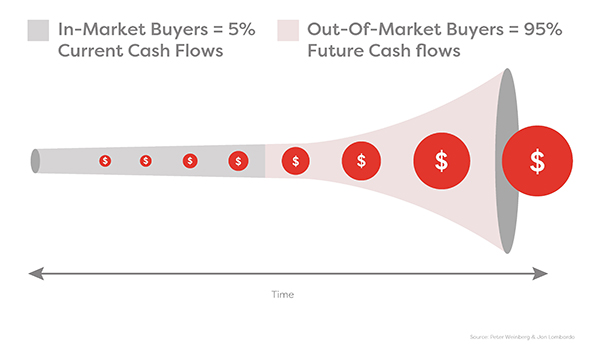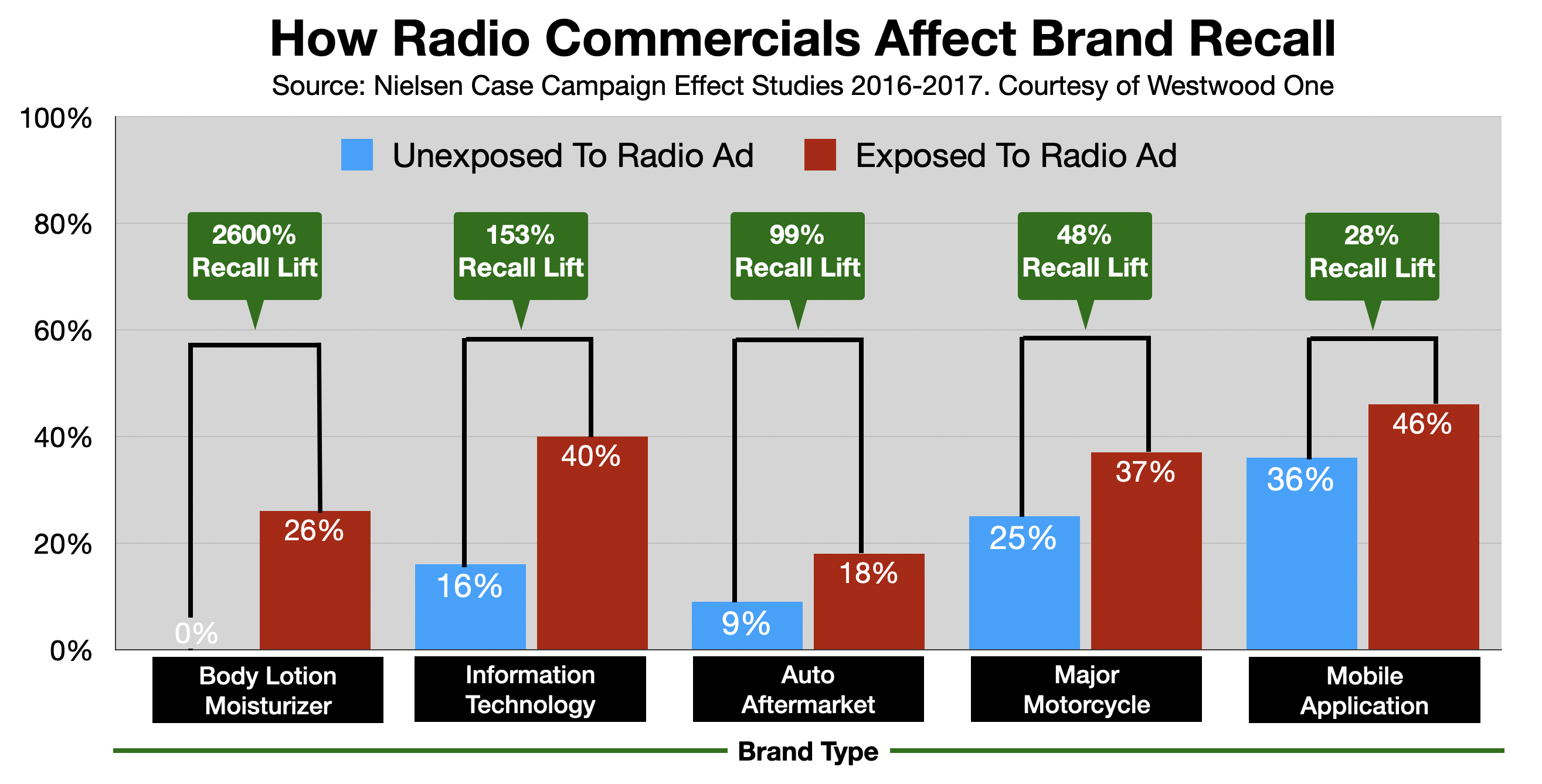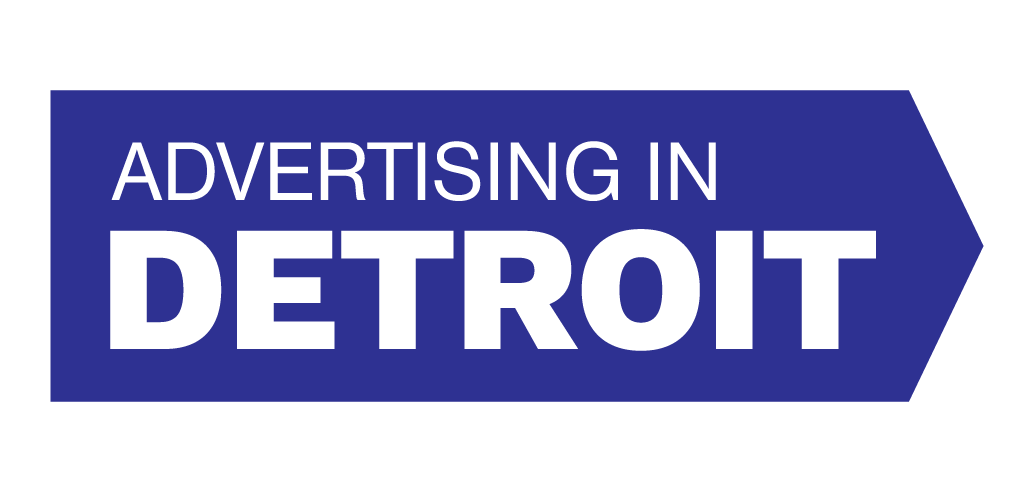 According to Nielsen, 3.3 million adults in Southeast Michigan have access to the internet. Eighty-five percent of these consumers conduct online research before making a retail purchase, says a report from GE Capital Bank.
According to Nielsen, 3.3 million adults in Southeast Michigan have access to the internet. Eighty-five percent of these consumers conduct online research before making a retail purchase, says a report from GE Capital Bank.
To reach Detroit area adults in the market to buy their goods and services, businesses spent $2.6 billion in 2021 on digital adverting, according to projections based on the 2021 IAB Internal Advertising Report. This is 35% more than was spent during the prior year.
This mammoth pool of online advertising dollars targeted at Detroit consumers is being spent on a variety of digital resources including search engine marketing (SEM), search engine optimization (SEO), display ads, video ads, audio ads, email, and social media. Each of these tools can precisely target consumers who are currently in the market to buy whatever it is a business is selling.
Most forms of online advertising are designed to compel Detroit consumers to click on a digital ad that will transport them to the website of a company that sells whatever it is consumers are in the market to buy. Is investing only in digital advertising enough to drive sales for a local business?
Many marketing experts believe that online advertising needs to be part of a broader marketing strategy to be successful.
"The most important search engine is still the one in your mind," says the Ehrenberg-Bass Institute for Marketing Science in a report co-presented by LinkedIn's B2B Institute. "This statement makes a profound point all marketers should internalize about buyer behavior: most purchases start not by searching Google, but by searching our memory."
"If you believe most buyer behavior starts with memory, it then follows that the primary job of marketing is not to generate clicks, but instead to generate memories," the Ehrenberg-Bass study says.
John Dawes, Professor of Marketing at UniSA business, articulated the competitive advantage “brand-relevant memories” offer a brand in his paper titled “The 95-5 Rule".
"Advertising mainly works by building and refreshing memory links to the brand," says Professor Dawes. "These memory links activate when buyers do come into the market. So, if your advertising is better at building brand-relevant memories, your brand becomes more competitive."
What Professor Dawes found in the 95-5 rule is that 95% of all buyers for a product or service are future buyers. This means only 5% of Detroit buyers are actually in the market to buy now.
"The traditional marketing funnel model used to be that buyers are either in the awareness stage or the consideration stage," says Tyrona Heath, Director, Market Engagement, at The B2B Institute at LinkedIn. "We believe, though, that buyers are either in-market or out-market for a product or service."

"If buyers are out-market," says Ms. Heath, "they aren't thinking at all about what a business sells. The problem is, no amount of advertising will move them in-market. Buyers move themselves in-market only when they find themselves in need of a relevant solution for a problem they are having."
It is important to capture the 5% of buyers in-market today. And that can be done effectively and efficiently with online advertising. After all, the internet is where 81% of consumers go before making a retail purchase.
"The problem is," says Ms. Heath, "too many businesses are investing only in this 5% and not the 95% of out-market buyers. This limits growth potential."
"So how do we influence the 95% of out-market buyers," asks Ms. Heath. "Brand building," she answers. "And, brand building is a function of memory generation, not lead generation."
Ms. Heath goes on to explain that the key to building a brand for a Detroit business and advertising to the 95% is understanding Category Entry Points or CEPs for short.
"CEPs," says Professor Jenni Romaiuk of the Ehrenberg-Bass Institute, "are the cues that category buyers use to access their memories when faced with a buying situation."
According to Ms. Heath, businesses with strong CEPs are the companies most likely to be part of a consumer's initial consideration list of companies to buy from when they move themselves in-market.
Perhaps the best way for a local business to communicate powerful CEPs is by advertising on Detroit radio. Unlike online marketing tools which are designed to generate clicks, radio advertising is designed to generate memories. And messages heard on the radio have a very high level of recall when it comes time to buy.

ZipRecruiter, an online recruitment site, helps companies of every size fill open jobs. One of its CEPs involve business owners who need to fill a job now. Zip Recruiter is a heavy user of advertising on Detroit radio to implant this CEP into the memories of future buyers.
So, why has ZipRecruiter chosen Detroit radio as a business-to-business (B2B) advertising resource? The first reason is revealed in the first line of their recent commercial.
"According to research," says the announcer, "82% of people remember radio ads."
"That means," he continues, "82% of you listening right now will remember this is an ad for ZipRecruiter. If you are hiring, 82% of you will recall that ZipRecruiter makes hiring faster and easier."
During the entirety of its 60-second commercial, ZipRecruiter mentions '82%' a total of seven times and the word 'radio' six times.
By the way, ZipRecruiter just didn't pull the 82% commercial recall statistic out of thin air. In fact, many studies confirm radio advertising's high memorability advantage.
One of these studies was conducted by Nielsen. They looked at advertising campaigns for four specific brands. Although recall varied by advertiser, on average, 82% of consumers who were exposed to one of the target company's commercials remembered it...just as ZipRecruiter claims.

A similar study by research firm Local AdRecall also found that, on average, brand recall was 5-times greater for 18 companies that invest in radio advertising.
For more information on these two studies, click here.
Recall, along with radio's enormous reach, provides advertisers with an extraordinary return-on-investment (ROI).
From April through July of 2021, Neilsen measured the sales results of a radio advertising campaign conducted by a major retailer. The study utilized portable people meter technology to segment consumers into two discrete categories: those who were exposed to the retailer's advertising campaign and those who were not.
Nielsen was then able to match the consumers in each segment to their credit/debit or shopper card purchase behavior. Consequently, the study decisively measured how sales were affected by the retailer's advertising campaign.
Here are the key takeaways from the Neilsen study:
- One or two exposures to the radio campaign resulted in a 22.4% increase in the number of shoppers
- Three to six exposures to the radio campaign resulted in a 7.6% increase in the number of shoppers
- Exposure to the radio campaign increased the number of transactions among the retailer's existing customers by 11%
- Exposure to the radio campaign increased the number of transactions by the etailer's most active customers by 31.2%
- Exposure to the retailer's radio campaign generated a sales increase of 9.7%
Most importantly, the Nielsen study revealed that every $1000 that the retailer invested in the radio advertising campaign returned $13,000 in sales. A 13-time ROI.
Detroit business owners should know that these findings support 22 other Nielsen studies that indicate, on average, that advertising on local radio delivers a 10-time return on investment.
AdAge, a trade magazine for advertising professionals, calls these types of returns "eye-popping." The magazine goes on to say radio's ROI is superior to commercials on TV, online, and social media.
To learn more about Nielsen's latest ROI study, click here.
To answer the question in the title of this post: online marketing is vital for reaching buyers in-market, but it is not enough. This type of advertising only affects current cash flow and reaches the smallest segment of potential buyers. To affect future cash flows, and create growth, other forms of advertising need to be used to create CEPs which will serve as the foundation of companies that are considered as buyers move themselves in-market.
The metrics indicate the best complement to digital advertising for local business owners is advertising on Detroit radio.
More Advertising Advice For Detroit Business Owners
- Digital Advertising In Detroit: How To Get Found Online
- Best Way To Advertise In Detroit: AM/FM Radio Still Rules
- Political Advertising In Detroit: Campaigns Go Over The Top
- Detroit Consumers Still Spending Despite Economic Sentiment
- Advertising On Detroit Radio in 2022: Five Things to Know


